Thousands of Dead Fish Wash Ashore Florida’s Beaches
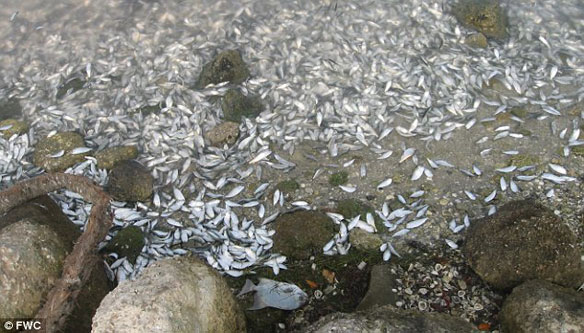
Now, in the latest unexplained mass animal death this year alone, thousands of fish have again washed up dead on Florida’s shores. This follows similar incidents where large schools of fish were found lifeless on beaches in Arkansas, Maryland and New Zealand in January.
Pollutants Threaten Mexico’s Coast: Study
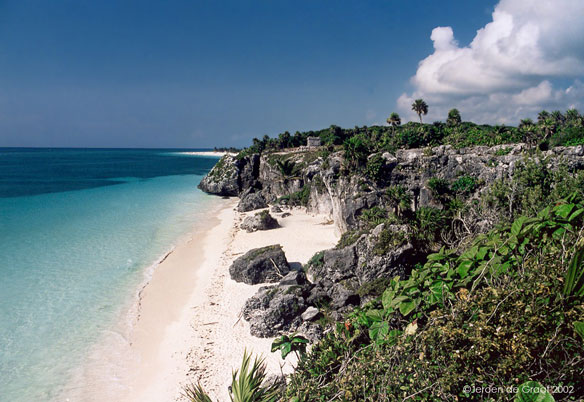
Pharmaceuticals, pesticides, chemical run-off from highways and many other pollutants infiltrate the giant aquifer under Mexico’s “Riviera Maya” coast, a new study shows.
Mercury in Bay Area: a Legacy of California Mining
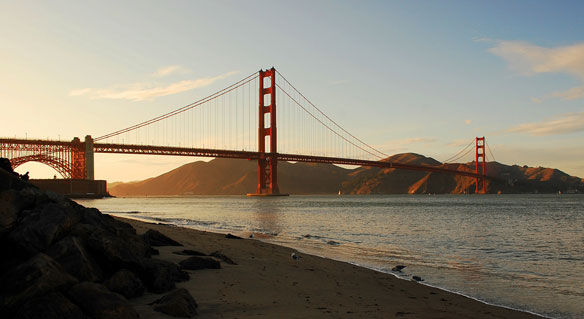
Mercury contamination, a worldwide environmental problem, has been called “public enemy No. 1” in California’s San Francisco Bay.
Tulum’s Dirty Beaches
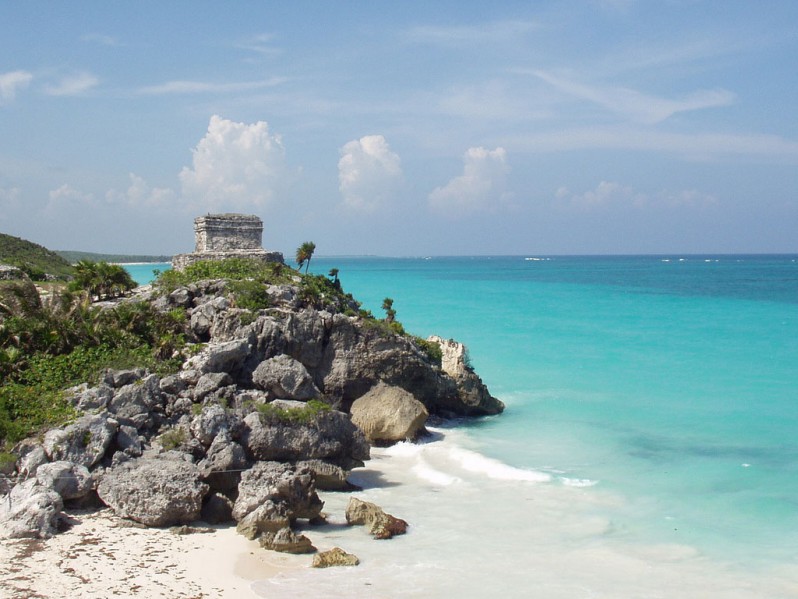
Lucy Gallagher of Mexiconservacion explains why some of Tulum’s beaches, Mexico, are so dirty.
An Environmental Impact Statement: Abstraction of Destruction

The vivid color photographs of J. Henry Fair lead an uneasy double life as potent records of environmental pollution and as ersatz evocations of abstract painting, a strange battle between medium and message, between harsh truths and trite, generic beauty. His subjects include environmental degradation perpetuated on a regular, usually daily basis. “Abstraction of Destruction” is an exhibition at the Gerald Peters Gallery.
Tracking Source of Microbial Contamination at the Beach
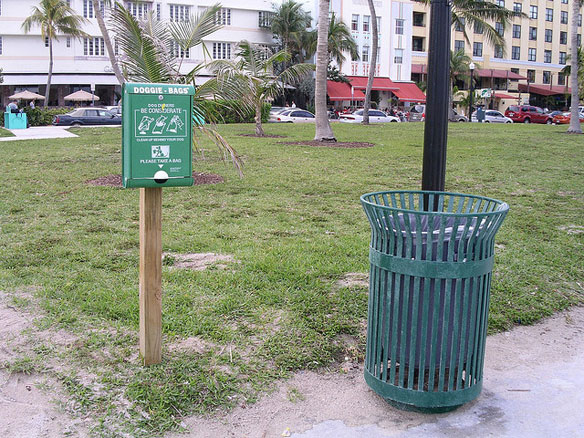
Reliable methods to determine the origins of contaminants are needed in order to reduce those sources and maintain a healthy beach.
What’s Outside Counts, Too: European Law and Excess Packaging

The citizens of Lincolnshire, England, were so fed up with the layers of plastic and cardboard and Styrofoam that encased their store purchases this fall that they took a high-priced, highly wrapped piece of meat to court.
Urban Stormwater Runoff: A Significant Source of Beachwater Pollution
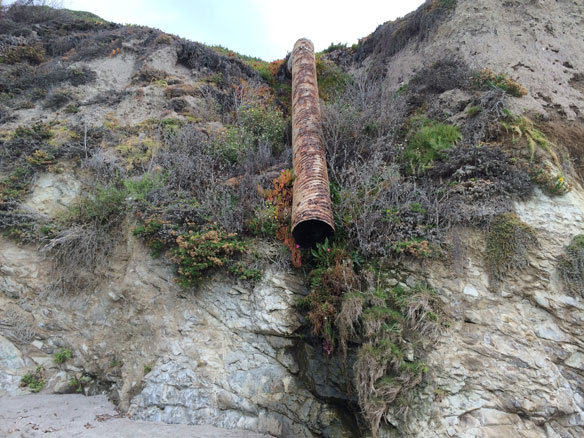
Stormwater runoff is generated when precipitation from rain and snowmelt events flows over land or impervious surfaces and does not percolate into the ground. Stormwater runoff is the most frequently identified source of beach closing and advisory days. The best way to protect beachgoers from water contamination is to prevent pollution from reaching the beach.
California approves first broad US climate plan

California, acting on its own against climate change, has approved a plan to reduce emissions of carbon dioxide and other greenhouse gases and let power plants, factories and eventually refiners and others to trade permits to pollute in a program generally known as cap-and-trade. California will become the second-largest carbon market in the world, following a European system.
